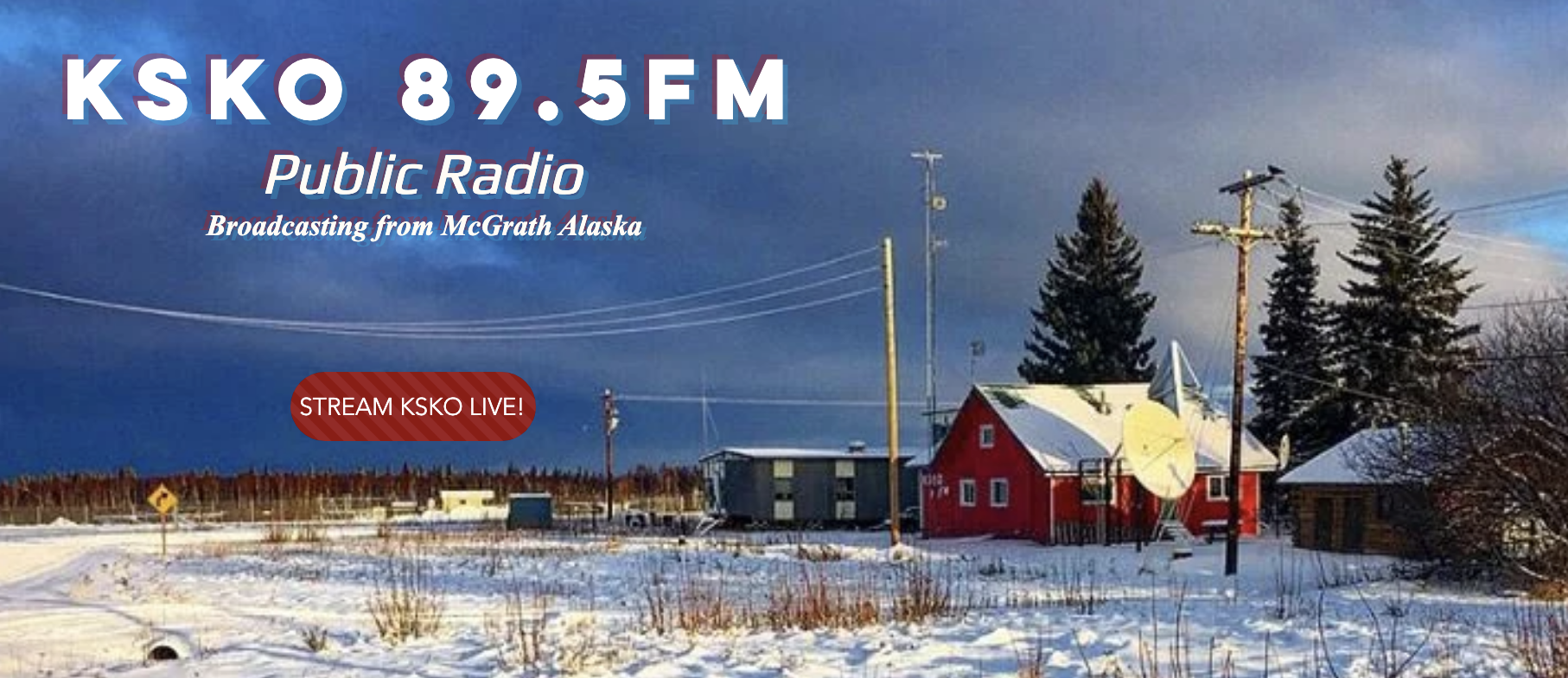On Quora, somebody asked, Which is your choice, radio, television, or the Internet?. I replied with the following.
If you say to your smart speaker “Play KSKO,” it will play that small-town Alaska station, which has the wattage of a light bulb, anywhere in the world. In this sense the Internet has eaten the station. But many people in rural Alaska served by KSKO and its tiny repeaters don’t have Internet access, so the station is either their only choice, or one of a few. So we use the gear we have to get the content we can.
TV viewing is also drifting from cable to à la carte subscription services (Netflix, et. al.) delivered over the Internet, in much the same way that it drifted earlier from over-the-air to cable. And yet over-the-air is still with us. It’s also significant that most of us get our Internet over connections originally meant only for cable TV, or over cellular connections originally meant only for telephony.
Marshall and Eric McLuhan, in Laws of Media, say every new medium or technology does four things: enhance, retrieve, obsolesce and reverse. (These are also caled the Tetrad of Media Effects.) And there are many answers in each category. For example, the Internet—
- enhances content delivery;
- retrieves radio, TV and telephone technologies;
- obsolesces over-the-air listening and viewing;
- reverses into tribalism;
—among many other effects within each of those.
The McLuhans also note that few things get completely obsolesced. For example, there are still steam engines in the world. Some people still make stone tools.
It should also help to note that the Internet is not a technology. At its base it’s a protocol—TCP/IP—that can be used by a boundless variety of technologies. A protocol is a set of manners among things that compute and communicate. What made the Internet ubiquitous and all-consuming was the adoption of TCP/IP by things that compute and communicate everywhere in the world.
This development—the worldwide adoption of TCP/IP—is beyond profound. It’s a change as radical as we might have if all the world suddenly spoke one common language. Even more radically, it creates a second digital world that coexists with our physical one.
In this digital world, we are at a functional distance apart of zero. We also have no gravity. We are simply present with each other. This means the only preposition that accurately applies to our experience of the Internet is with. Because we are not really on or through or over anything. Those prepositions refer to the physical world. The digital world is some(non)thing else.
This is why referring to the Internet as a medium isn’t quite right. It is a one-of-one, an example only of itself. Like the Universe. That you can broadcast through the Internet is just one of the countless activities it supports. (Even though the it is not an it in the material sense.)
I think we are only at the beginning of coming to grips with what it all means, besides a lot.

Leave a Reply